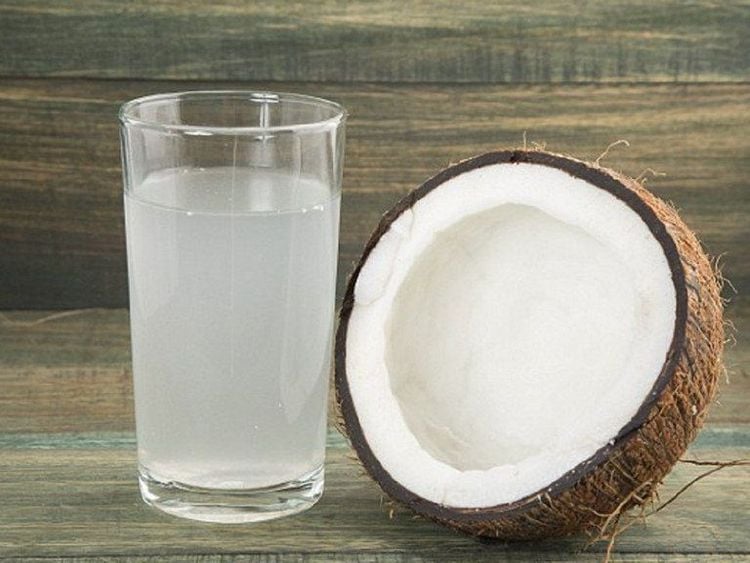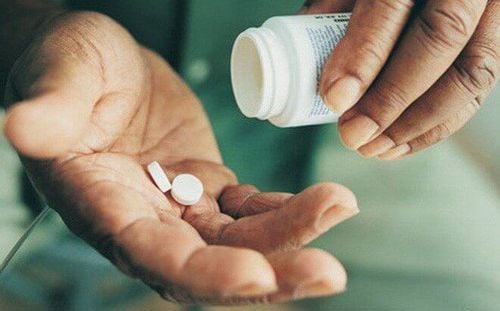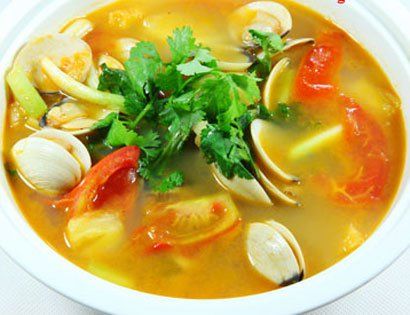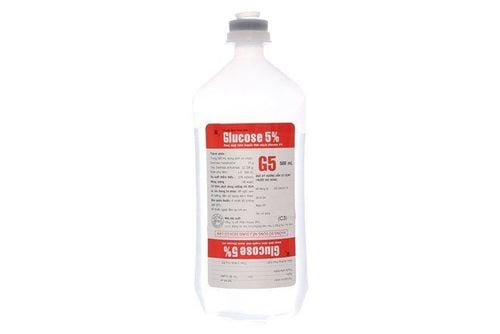This is an automatically translated article.
Coconut water is a clear liquid, delicious taste, contained inside young coconuts (also known as green coconuts). When the coconut is ripe, the water will be less and replaced with coconut meat (old coconut). Coconut water is different from coconut milk. Coconut milk is made from the flesh of an old coconut.
1. Why do the majority believe that coconut water has many good benefits?
Coconut water is a favorite drink especially in summer. Coconut water is used as a remedy for water and electrolyte loss associated with diarrhea or exercise in hot weather. Coconut water is also used in cases of people with high blood pressure to improve exercise results.
Coconut water is rich in carbohydrates and electrolytes like potassium, sodium and magnesium. Due to these electrolyte components, there are many who believe that the use of coconut water can be used in the treatment and prevention of dehydration. But some experts believe that the electrolyte content in coconut water is not enough to use as a rehydration solution.
2. So drinking coconut water is really good?
Diarrhea-related dehydration: Some studies show that drinking coconut water can help prevent dehydration in children with mild diarrhea. However, studies have not shown enough evidence to convince coconut water to be more effective than other beverages in replacing electrolytes in people with diarrhea. Exercise-induced dehydration: some athletes have a habit of using coconut water to replace drinking water after exercise. Coconut water also works to rehydrate after exercise, but it doesn't seem to be any more effective than sports drinks or plain water. Some athletes also like to drink coconut water before exercise to prevent dehydration. Coconut water has a cool taste that helps to cool down and bring a feeling of refreshment and thirst. However, its use in limiting dehydration has not been proven. High blood pressure: Some studies show that drinking coconut water can lower blood pressure in people with high blood pressure.

Uống nước dừa có thể làm giảm huyết áp ở người bệnh huyết áp cao
3. What do the experts say?
Keeping the body hydrated is one of the top principles for professional athletes. If you feel like drinking coconut water because of its taste then you can choose, but it is not the solution for those who are physically active for a long time.
Whether you choose sports drink, coconut water or plain water, all work to keep your body from becoming dehydrated. The challenge is when you're exercising strenuously for more than 3 hours in the heat and sweating a lot, you need an easily absorbed source of carbs that provide quick energy and compensate for electrolytes. lost solutions such as sodium and potassium.
Neither coconut water nor sports drinks contain enough sodium or carbs for someone to sweat a lot and continuously for hours on end. You should add a quick source of energy like a banana, some raisins or crackers to provide more carbs for the body.

Nước dừa chứa nhiều dưỡng chất tốt cho sức khoẻ người dùng
4. Caution when drinking coconut water
Coconut water is good for adults if used as a daily drink. However, drinking a lot of coconut water can cause bloating or discomfort in some people, although this is not common. If consumed in excess, coconut water can cause blood potassium levels to become too high. This can lead to kidney problems and irregular heartbeat.
Pregnancy and breast-feeding: There are currently no scientific studies on the safety of coconut water for pregnant and lactating women, so to be safe experts recommend avoiding use. Cystic fibrosis: Cystic fibrosis leads to a decrease in salt levels in the body. Some people with cystic fibrosis need to drink water or take medicine to increase salt levels, especially sodium. Coconut water is not a good liquid to increase salt levels in people with cystic fibrosis. Coconut water may contain too little sodium and too much potassium. Don't drink coconut water as a way to increase your salt intake if you have cystic fibrosis.
High levels of potassium in the blood: Coconut water contains high levels of potassium. You should not drink coconut water if you have high levels of potassium in your blood. Low blood pressure: Coconut water can lower blood pressure. So if you have low blood pressure, you should not drink coconut water. Kidney problems: Coconut water is high in potassium. Normally, potassium is excreted in the urine if blood levels are too high. However, this does not happen if the kidneys are not working properly. In this case, drinking coconut water can increase the burden on the kidneys due to the high potassium content of coconut water. Talk to your doctor about whether to drink coconut water if you have kidney problems. Surgery: Coconut water may interfere with blood pressure control during surgery. Stop drinking coconut water at least two weeks before surgery.

Trước khi phẫu thuật người bệnh không nên uống nước dừa
5. Drink coconut water how much is enough
The dose of coconut water you should drink depends on your age, health and several other factors. At this time there is not enough scientific evidence to determine how much coconut water you should drink is appropriate and healthy.
The advice here is that you should not abuse it. Remember that natural products are not always safe and when consumed in excess does not always provide good benefits.
Customers can directly go to Vinmec Health system nationwide to visit or contact the hotline here for support.
Articles refer to the source: webmd.com













